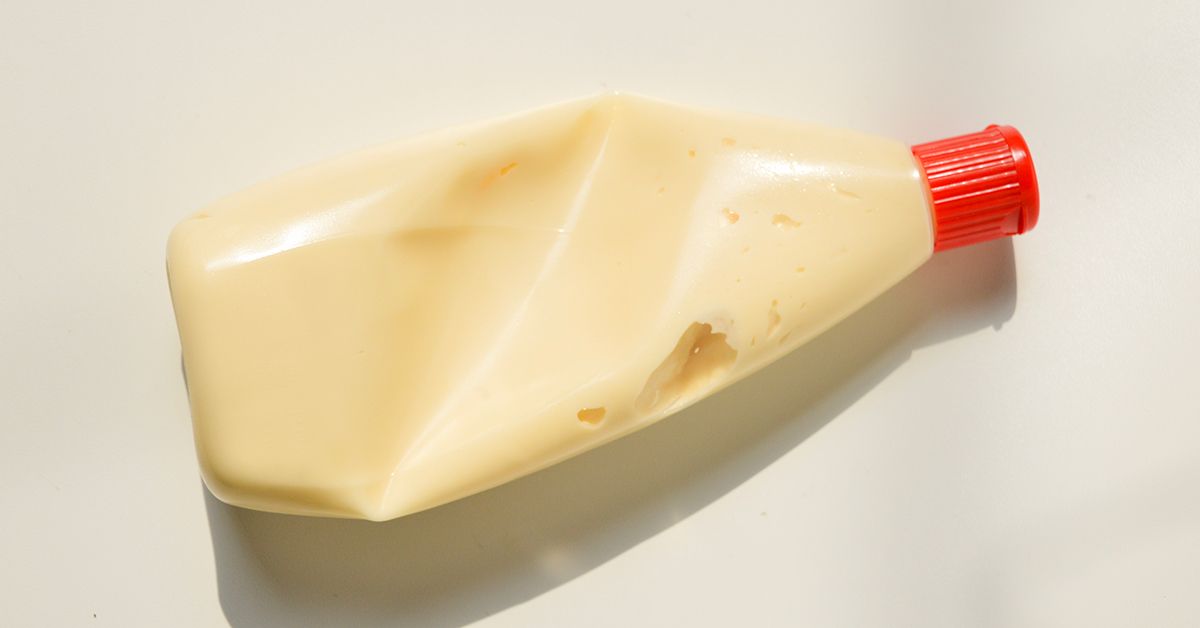All Concerning the Role of an Emulsifier in Food and Its Value in Modern Food
Emulsifiers are essential in contemporary food, assisting in the mix of immiscible fluids like oil and water. Their capability to stabilize mixtures boosts the structure and taste of numerous foodstuff. From salad dressings to baked products, emulsifiers play a substantial role in both industrial and home cooking. The science behind their feature and the future technologies in their usage continue to be less explored. What more could be discovered about these important cooking agents?
Understanding Emulsification: The Science Behind the Refine
Emulsification might appear like a simple culinary technique, it entails complicated clinical concepts that are vital for producing stable mixtures of immiscible liquids, such as oil and water. At the heart of this procedure exists the concept of surface area stress, which protects against the 2 fluids from blending normally. Emulsifiers, substances that decrease surface area tension, play an essential role in helping with the combination of these liquids. They have both hydrophilic (water-attracting) and hydrophobic (water-repelling) homes, enabling them to secure themselves at the interface in between oil and water.
When an emulsifier is introduced and the blend is flustered, it develops a safety obstacle around spread droplets of one fluid within the other, maintaining the combination. This action not only improves structure and mouthfeel in foodstuff but also adds to their visual charm. Emulsifier In Food. Recognizing the scientific research behind emulsification is fundamental in modern cuisine, permitting cooks to produce a variety of sauces, dressings, and emulsified recipes
Common Sorts Of Emulsifiers Used in Food
Emulsifiers are essential active ingredients in the food market, playing an important function in stabilizing combinations of oil and water. Numerous kinds of emulsifiers are frequently used, each with special properties suited for various applications. Lecithin, stemmed from soybeans or egg yolks, is just one of the most popular all-natural emulsifiers, usually discovered in dressings and delicious chocolates. Mono- and diglycerides, which are obtained from glycerol and fats, are widely used in baked items and margarine to improve structure and extend rack life. An additional common emulsifier is polysorbate 80, preferred for its capacity to enhance the uniformity of ice creams and sauces. Furthermore, xanthan gum and guar periodontal work as thickening representatives that also contribute to emulsification in gluten-free items. These emulsifiers are essential to producing a secure, palatable item in modern food formulas, making certain a pleasurable sensory experience for consumers.
The Role of Emulsifiers in Numerous Food Products
A selection of foodstuff rely upon emulsifiers to accomplish wanted structures and stability. These substances assist in the mixing of immiscible liquids, such as oil and water, which is necessary in many refined foods. For instance, in salad dressings, emulsifiers assist maintain a regular blend, preventing separation and improving rack life. In baked goods, they contribute to an uniform crumb structure and moisture retention, boosting general high quality.
Emulsifiers likewise play a significant duty in dairy products, such as ice cream and yogurt, where they maintain fat globules, making certain a smooth mouthfeel. Additionally, in sauces and spices, they improve thickness and enhance spreadability. This performance is crucial in the manufacturing of chocolates, margarine, and mayo, where a cohesive item is necessary. Generally, using emulsifiers in numerous food is important to modern food manufacturing, boosting stability and uniformity across a wide variety of things.
How Emulsifiers Enhance Appearance and Flavor

When incorporated into food items, emulsifiers considerably boost both texture and taste, producing a more enjoyable consuming experience. These materials help with the mixing of active ingredients that generally do not blend well, such as oil and water, leading to a smoother, creamier consistency. This not just boosts mouthfeel however also permits tastes to distribute evenly throughout the item, enhancing the general taste.

Emulsifiers in Home Cooking: Tips and Techniques
How can home chefs properly utilize emulsifiers to enhance their recipes? Emulsifiers play an important role in accomplishing desirable textures and flavors in homemade recipes. For instance, using egg yolks in mayo or hollandaise sauce permits a steady emulsion, combining oil and water efficiently. Home chefs can likewise try out mustard, which acts as an emulsifier in vinaigrettes, guaranteeing a smooth consistency.
In cooking, incorporating lecithin, discovered in egg yolks or soy, can enhance dough Emulsifier In Food stability and moisture retention. In addition, making use of business emulsifiers like xanthan gum tissue or guar periodontal can help enlarge sauces and dressings while preserving a velvety mouthfeel.
When developing gelato or whipped toppings, emulsifiers can stop ice crystal formation, causing a smoother structure. By grasping these methods, home chefs can considerably boost their cooking developments, providing regular and satisfying recipes that showcase the power of emulsification.
The Future of Emulsifiers in Culinary Technology
As the culinary world remains to evolve, the hop over to here function of emulsifiers is poised to come to be diverse and increasingly cutting-edge. Advancements in food scientific research are leading to the growth of new emulsifying representatives originated from natural resources, which deal with health-conscious customers and enhance the sensory top qualities of dishes. Technologies such as plant-based emulsifiers are acquiring grip, allowing cooks to develop vegan and allergen-free options without jeopardizing appearance or flavor.
In addition, the use of emulsifiers in molecular gastronomy is expanding, allowing cooks to trying out distinct structures and discussions that astound diners. As sustainability becomes a concern, the future may see a change in the direction of environmentally friendly emulsifiers that reduce environmental effect.
Inevitably, emulsifiers will certainly continue to play an essential duty in culinary development, connecting the void in between practice and modernity, and allowing cooks to push the boundaries of imagination in their kitchen areas.
Often Asked Questions

Are Emulsifiers Safe for Individuals With Allergies?
Emulsifiers can be safe for people with allergic reactions, depending upon their specific sensitivities. However, certain emulsifiers, acquired from allergenic sources like soy or eggs, might activate reactions, demanding mindful component examination and examination with health care specialists.
Just How Do Emulsifiers Affect Food Service Life?
Emulsifiers enhance food life span by supporting combinations, preventing splitting up, and minimizing microbial growth. This security aids keep appearance and flavor gradually, allowing products to remain appealing and secure for usage much longer than without emulsifiers.
Can Emulsifiers Be Derived From All-natural Resources?
Yes, emulsifiers can be originated from all-natural sources such as plants, eggs, and dairy products (Emulsifier In Food). These all-natural emulsifiers aid support mixtures, enhancing appearance and uniformity in numerous food applications while being Website liked for health-conscious customers
What Are the Environmental Impacts of Emulsifier Manufacturing?
The ecological impacts of emulsifier production consist of source depletion, habitat devastation, and contamination from artificial processes. Natural emulsifier sourcing can alleviate some impacts, but in general, commercial techniques still posture significant environmental difficulties to communities worldwide.

Exist Vegan Emulsifiers Available out there?
Yes, there are a number of vegan emulsifiers offered in the marketplace, such as lecithin originated from soy or sunflower, guar gum tissue, and xanthan gum tissue. These options cater to plant-based diet plans without jeopardizing emulsifying residential properties.
Emulsifiers are important active ingredients in the food market, playing an important role in maintaining blends of oil and water. A variety of food items depend on emulsifiers to accomplish desired appearances and stability. When incorporated right into food products, emulsifiers substantially improve both texture and taste, producing a more satisfying consuming experience. Furthermore, emulsifiers can stabilize air pockets in whipped items like mousses and lotions, leading to a light and ventilated structure. Emulsifiers enhance food rack life by stabilizing blends, stopping separation, and decreasing microbial development.